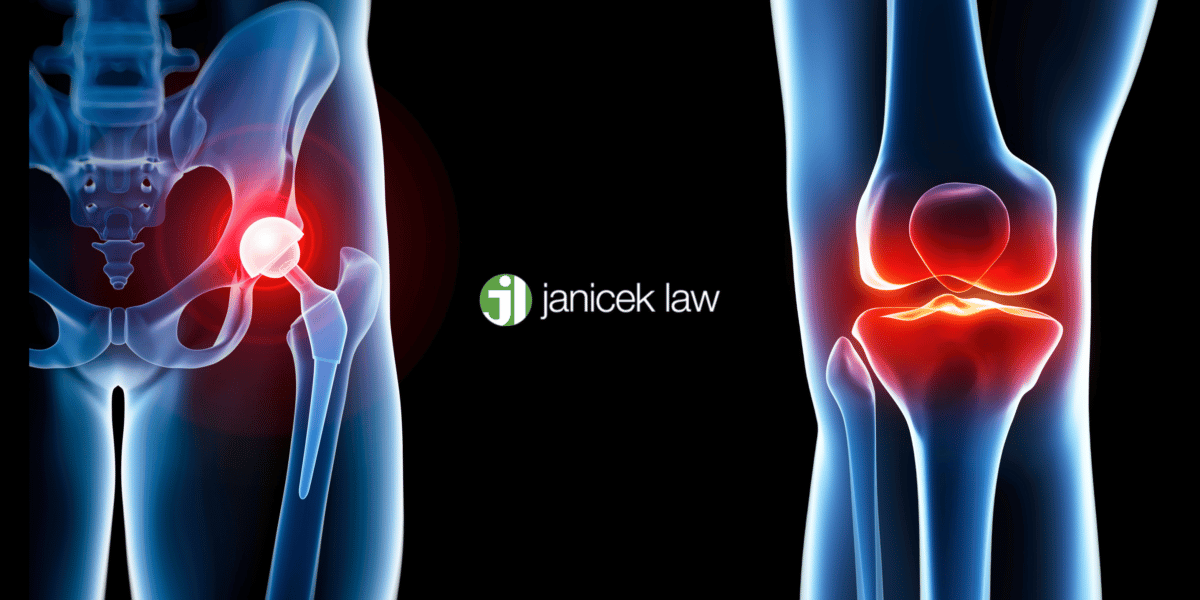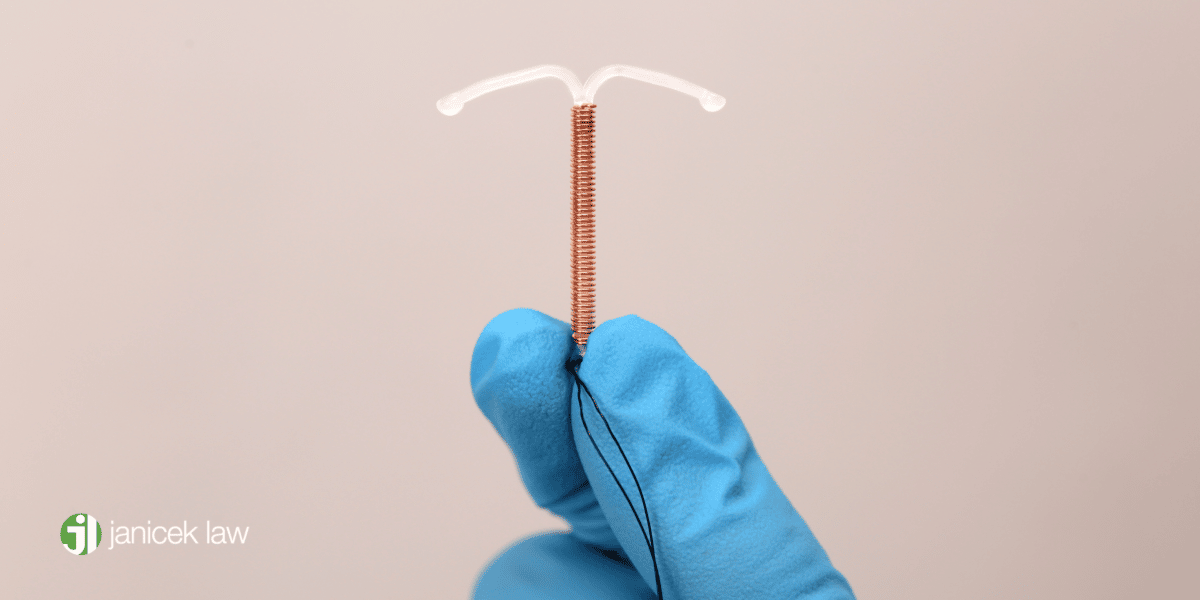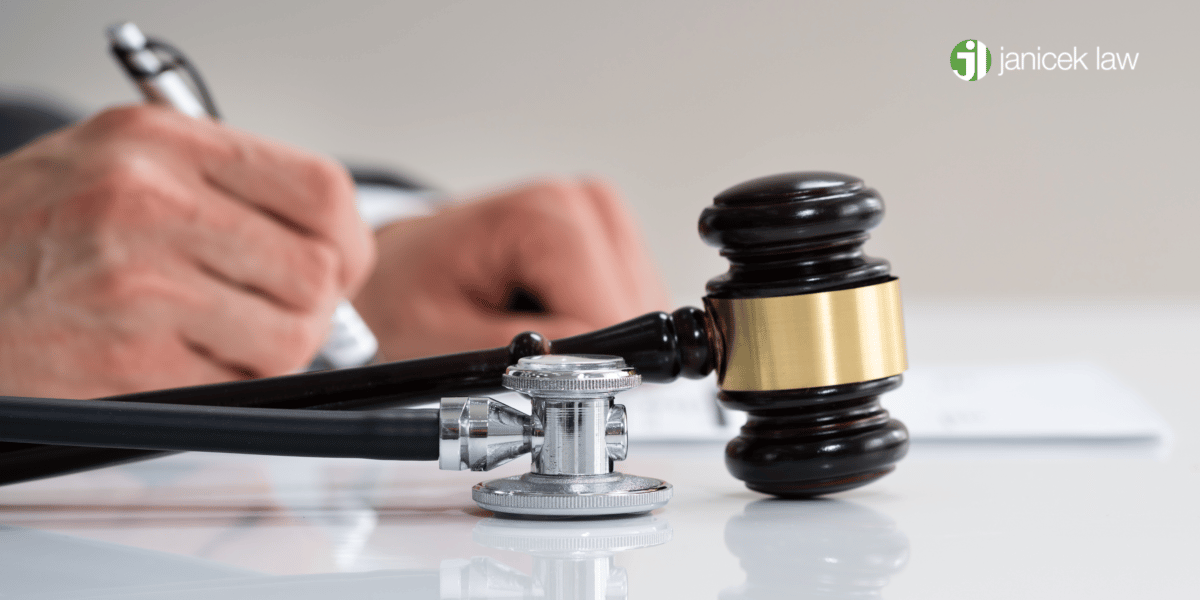San Antonio Defective Medical Device Lawyer
Medical devices have saved or improved the quality of life for countless people. From mobility implants to the pacemaker, medical products and devices make it so that people can live their lives with less pain and less risk. But what happens when your medical device is creating pain or risk to your health? This can be a scary reality — in fact, the Food and Drug administration (FDA) which is in charge of overseeing medical device approval recalled approximately 14.8% of medical devices on the market in the United States from January 2017 to September 2019.
You might be asking — what causes a medical device to get recalled, and what happens if a device that is currently in your body gets recalled? A San Antonio defective medical device lawyer at our law firm can help you navigate this process, seek compensation, and ensure that your health and well-being are protected going forward. Call 210-366-4949 to schedule a free case consultation with the experienced team of defective medical device lawyers at Janicek Law today.
What is Product Liability?
In legal terms, product liability concerns the laws that hold medical device companies, manufacturers, distributors, suppliers, and retailers responsible for the injuries their products cause. Some people suffer severe medical trauma due to defective devices. In those cases, it falls to the manufacturer of the drug or medical device to offer reparations — or be sued for them. This is why many pharmaceutical businesses may find it prudent to invest in both malpractice and product liability insurance, so that these damages don’t have to come straight from their own pocket.
You don’t have to hire a lawyer in order to file a product liability suit, but it’s highly recommended. In fact, if a drug or medical device has caused serious injuries to thousands of people, there may be a class action suit already filed against the company. This is when the plaintiff (the person suing) is a group of people — such as all the people who received a defective device — instead of a single person. This can be more common in the medical device industry, when devices are cleared for widespread use in order to turn a profit. However, if you’re unaware of a class action suit and a defective drug or device has caused serious injury, hiring an experienced medical device attorney is the best way to file a suit.
What is a Defective Medical Device?
Defective medical devices can be any internal or external implant that causes harm or doesn’t serve its intended purpose. These devices may or may not cause various health risks — such as blood clots, severe injury, chronic pain, and even organ perforation. These are just some of the health risks that a defective product may cause.
Defective prescription drugs or over the counter drugs are also covered under product liability from pharmaceutical companies, in the same way as dangerous medical devices. This is why the FDA suggests closely monitoring and testing drugs before releasing them to the public, to avoid these kinds of recalls and subsequent lawsuits.

Common Types of Defective Medical Devices
While any medical device could malfunction, some are more commonly recalled than others. There could be several reasons for this, depending on the company who produces the device, the clinic who places it, and your body’s own reaction to the implant. Sometimes, devices are recalled more often than others because the surgery is more common. For example, around one million hip and knee replacement surgeries are performed in the United States annually, making it more common for products like Exactech knee replacements to be recalled, because they are so massively produced to meet the high demand.
Other common types of dangerous medical products include:
- Hip replacements;
- Knee replacements;
- Dialysis Filters;
- Power Morcellators;
- Pacemakers;
- Prosthetics;
- IUDs;
- Mesh implants;
- And more.
If you have any of these medical devices and start to notice medical complications, be sure to check if there have been any medical device recalls. If not, talk to your doctor about possible malfunction. Either way, you may be entitled to financial compensation.
Common Types of Injuries From Defective Medical Devices
Depending on the defective medical product, as well as the specific malfunction, you may experience different forms of discomfort or injuries. Some of the most common patient injuries from defective medical equipment can include:
- Lacerations;
- Punctures;
- Burns;
- Blood clots;
- Internal bleeding;
- Chronic pain;
- Heart attacks;
- Nerve damage;
- Permanent disability;
- Infections.
These are especially important to look out for in the weeks after you’ve had a dangerous medical product implanted. If you’re experiencing long-term fatigue, malaise, or pain, then be sure to discuss the possibility of a faulty device with your medical care provider.
If you’ve suffered life threatening injuries caused by a defective medical product, you may have grounds to file a defective medical device lawsuit. A lawsuit can help you recover the damages you have suffered as a result of your serious harm, such as medical bills, physical therapy bills, lost wages, and more. Allow a San Antonio defective medical device lawyer at our law firm to demand compensation on your behalf.
How Can You Tell if Your Medical Device is Defective?
Any of the symptoms or injuries mentioned above can be a clue that your medical device is defective. A recall issued by the FDA or medical device manufacturers can also tell you that your device needs a medical check up. Other signs that your medical device is malfunctioning include:
- Stress urinary incontinence;
- Acute respiratory distress syndrome;
- Pelvic organ prolapse;
- Intense, randomly occurring pain;
- A burning or itching sensation near the joint (if you have received a knee or hip implant).
Some of these issues can be life threatening without medical intervention, and expose you to health dangers like infection and blood clots. This is why it’s important to stay vigilant with your healthcare team after any implant surgeries, in order to keep any of any injuries sustained because of the implant itself.

Can I Sue For Injuries Caused By Defective Medical Devices?
In the event that you end up with a medical device that is defective, you can sue in a couple of different ways:
- Join a class action: If the malfunctioning device has caused severe complications for a large number of people, then there may already be a class action suit filed against the medical device manufacturer. Joining a class action can be the easiest way to get a payout for a defective drug or medical device, but it should be noted that the payout is likely to be smaller since there are so many defendants involved.
- Sue for medical malpractice: Medical malpractice cases are when you sue the doctor or hospital in charge of your procedure because they acted negligently. For example, if a doctor were to leave surgical instruments, such as gauze, inside of you that cause illness or device malfunction, this would be considered malpractice. Other types of malpractice cases involving medical devices could be improperly inserting metal hip implants during a hip replacement. This could lead to metallosis, or metal poisoning. It’s important to note that in this case, you would be suing the medical professionals, not the medical device producers, for damages.
- Hire San Antonio defective medical products lawyers: You can hire a medical device lawyer to help you navigate issues with any of your medical devices, not caused by yourself or your medical care team. They can help you determine your legal options and even represent you in court if need be. While you are responsible for all your own legal fees, you may be entitled to a larger settlement in a one on one case, than in a class action, which may help cover both legal and medical costs.
It’s important to note that different types of defective medical device claims will take different amounts of time to settle. For example, a one on one suit may take a few months, while a class action can take a few years. You should adjust your expectations accordingly, depending on what path you decide to pursue.
Damages for Recalled Medical Devices
Damages, in legal terms, refers to the pay out that you could receive because of the medical or financial consequences you’ve suffered due to a company or person. When it comes to medical devices, you’ll likely be receiving damages from a hospital or manufacturer if the case is settled in your favor.
Some of the damages you may be entitled to for defective medical devices include:
- Medical expenses;
- Device replacement or removal;
- Lost wages;
- Loss of earning capacity (if your serious injuries resulted in permanent disability);
- Emotional distress;
- Physical pain and suffering.
If you or a loved one ends up passing away because of a defective drug or medical device, then you may be entitled to a larger settlement, under a wrongful death suit. Talk with San Antonio wrongful death lawyer if this situation applies to you.
Texas Statute of Limitations for Defective Medical Device Lawsuits
The Texas statute of limitations for personal injury and medical malpractice, which are the two most likely claims you’d make when suing over medical devices, is two years. This means that you have two years from when the device was implanted to bring a case forward. After these two years, you can no longer sue for damages on behalf of a faulty medical device, even if you don’t realize the damages until this window has passed.
This is why it’s so important to monitor medical devices and any accompanying symptoms, so that you can hire legal representation before the statute of limitations window ends.

